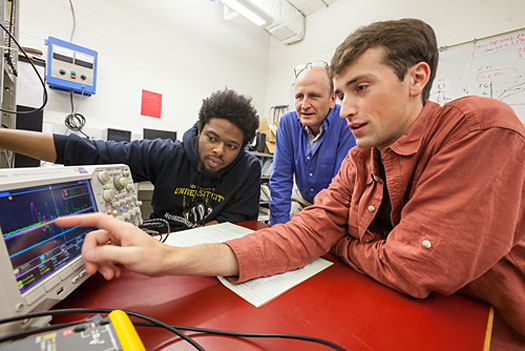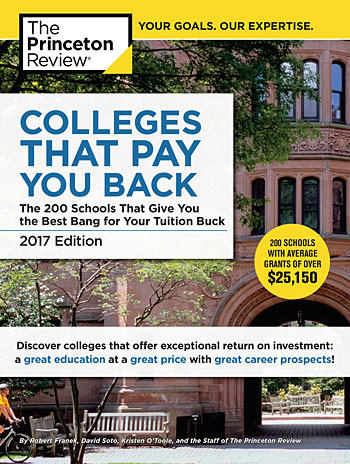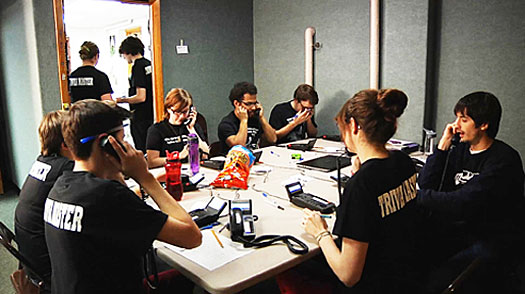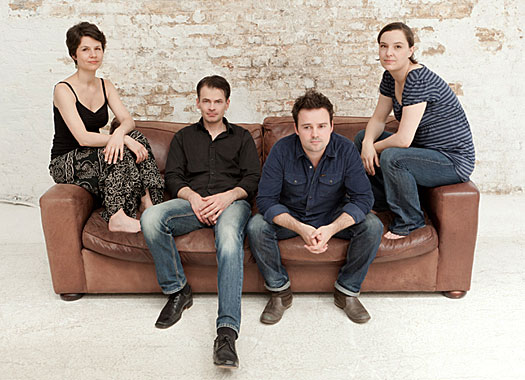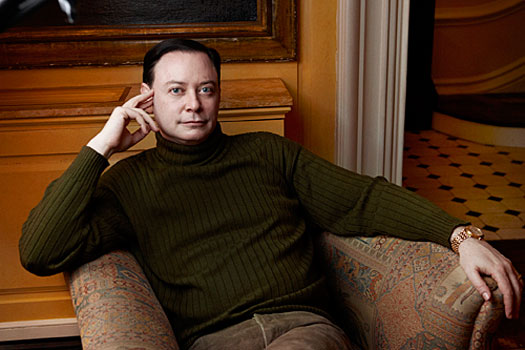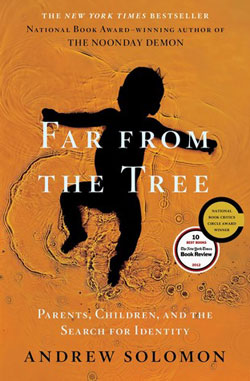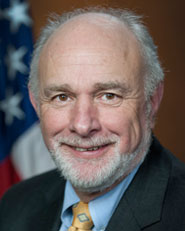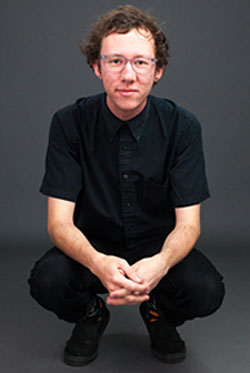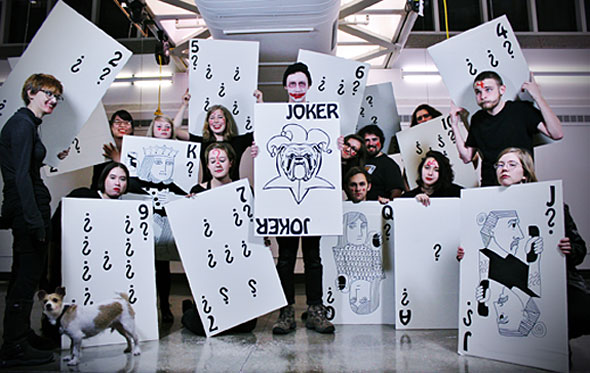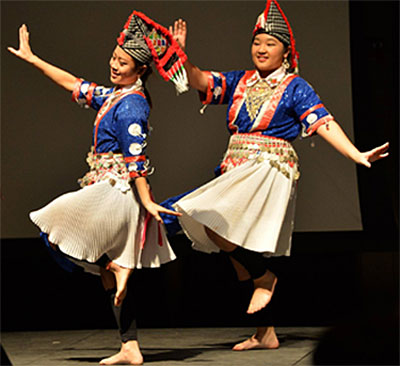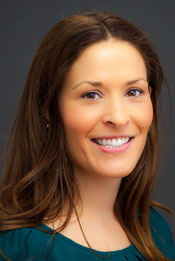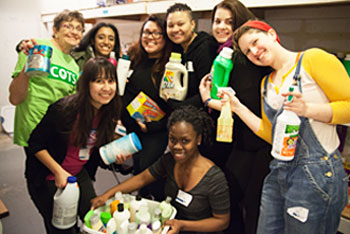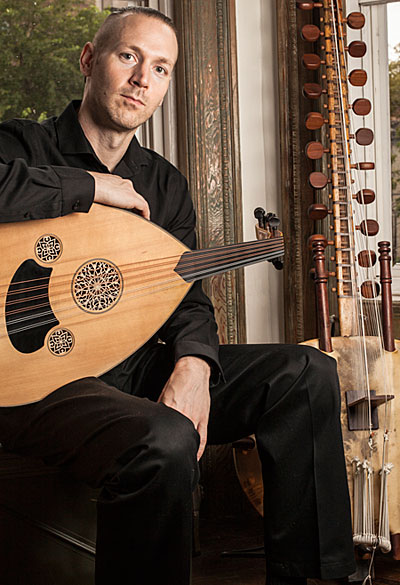
Brooklyn-based composer and musician Kane Mathis shares an evening of music with traditional instruments from West Africa and Turkey Wednesday, Feb. 8 at 8 p.m. in a Lawrence University World Music Series concert in Harper Hall of the Music-Drama Center.
General public tickets, at $10 for adults and $5 for seniors/students, are available through the Lawrence Box Office, 920-832-6749. The concert is free to members of the Lawrence community with LU I.D.
Performing on the 21-string kora, which he studied for more than 10 years in Gambia, West Africa, and the Turkish oud, Mathis brings an exotic blend to his audiences with traditional music he enjoys from other cultures. The kora, also known as the Mandinka harp, is made from a large gourd, cut in half and covered in cow skin. The oud is a pear-shaped, lute-like instrument with a short neck.
Mathis writes new music for both instruments as well as experimental works for electronic fixed media.
About Lawrence University
Founded in 1847, Lawrence University uniquely integrates a college of liberal arts and sciences with a nationally recognized conservatory of music, both devoted exclusively to undergraduate education. It was selected for inclusion in the book “Colleges That Change Lives: 40 Schools That Will Change the Way You Think About College.” Engaged learning, the development of multiple interests and community outreach are central to the Lawrence experience. Lawrence draws its 1,500 students from nearly every state and more than 50 countries.
